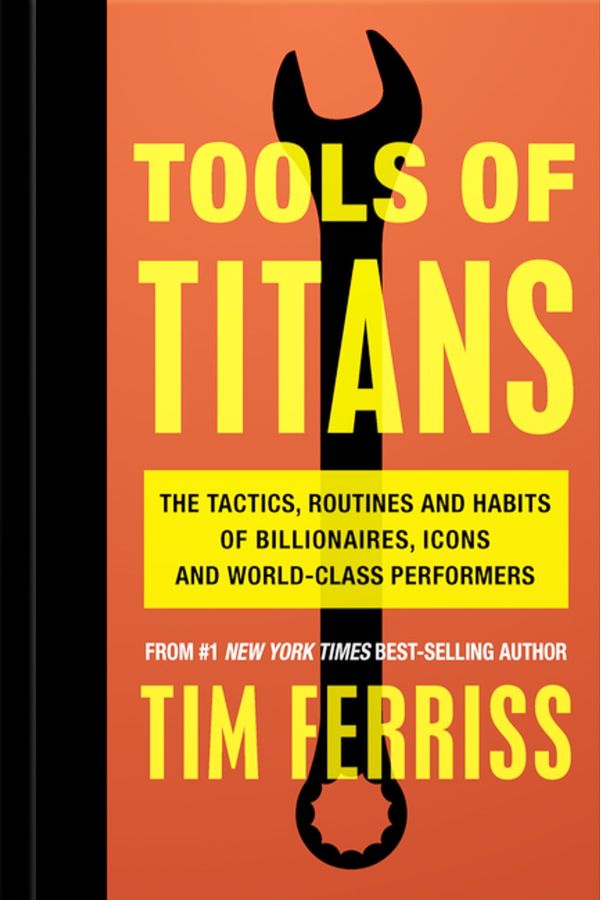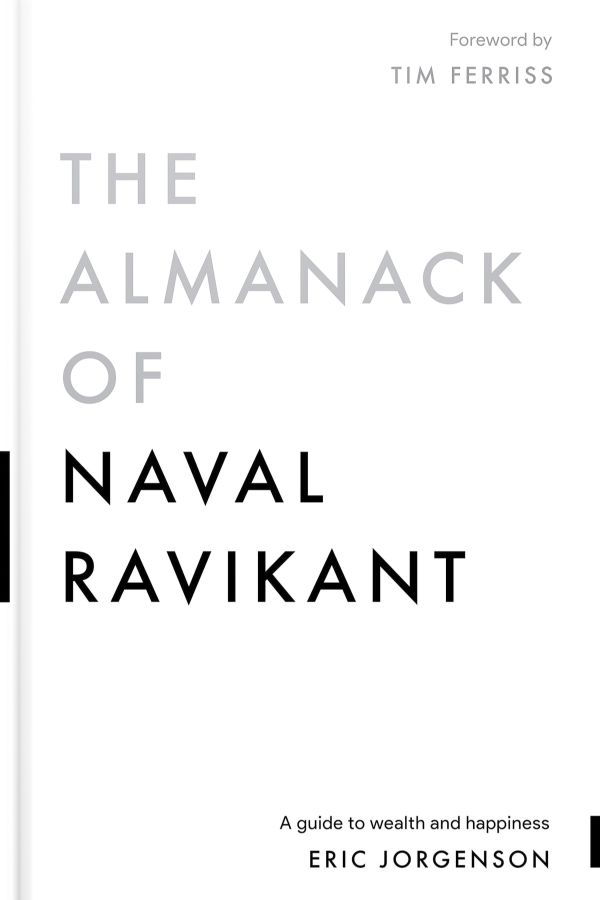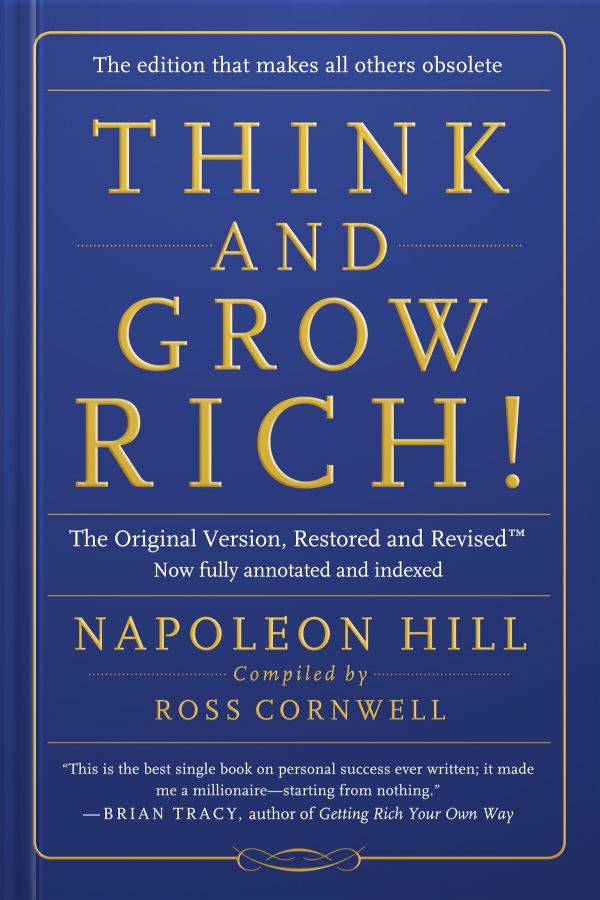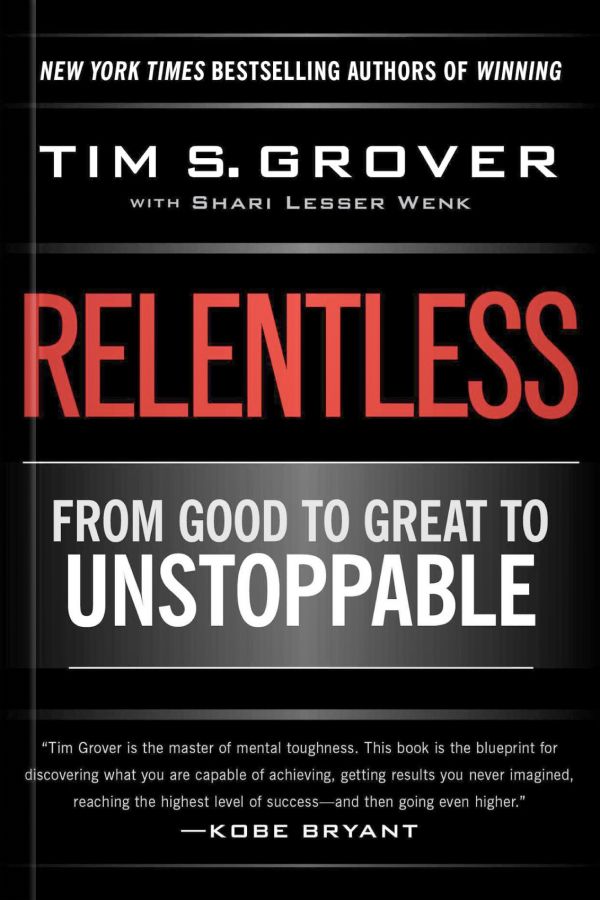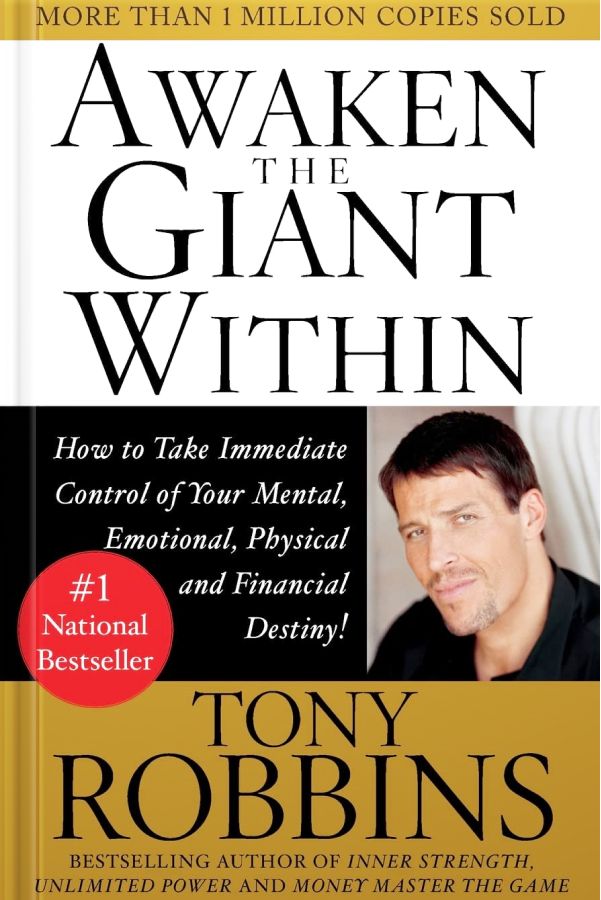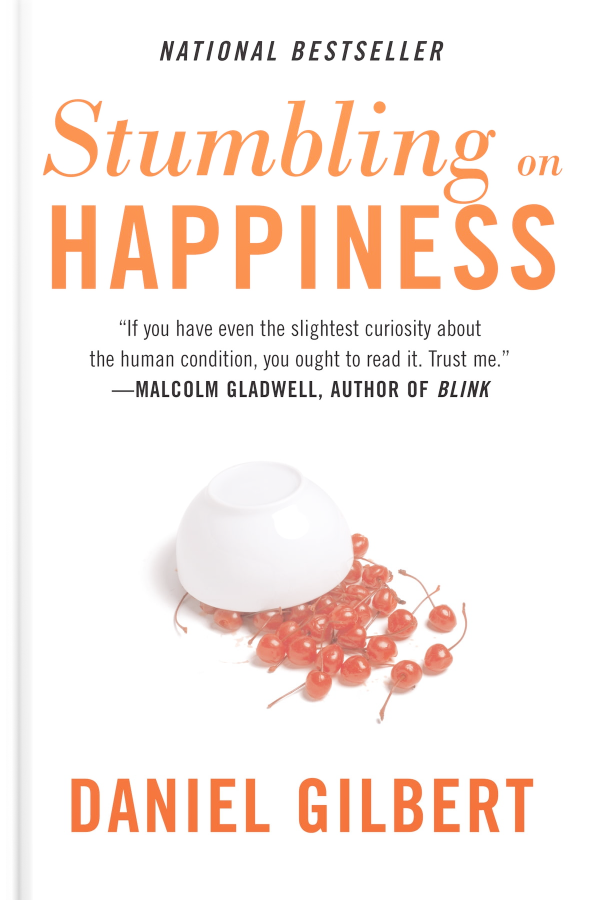
Personal Development
Stumbling on Happiness by Daniel Gilbert
1. Misjudgment of Future Happiness
Gilbert suggests that we are often poor judges of what will make us happy in the future.
We tend to overestimate the duration and intensity of future emotional reactions.
For example, winning the lottery might not make you as eternally blissful as you'd expect, nor would losing a job plunge you into unending misery.
“We insist on steering our boats because we think we have a pretty good idea of where we should go, but the truth is that much of our steering is in vain”.
2. Impact Bias
This is the human tendency to overestimate the emotional impact of good and bad future events.
A classic study of lottery winners and people with paraplegia showed that both groups reported similar levels of happiness one year after their life-altering event.
“People are often wrong in their forecasts about their reactions to future events”.
3. The Power of Imagination
Humans have a unique ability to simulate the future, but this can often lead to incorrect predictions about our future happiness.
Imagine craving a burger and picturing the taste, but when you finally get it, it doesn't taste as good as you imagined.
“Imagination is the poor man's wormhole”.
4. Subjectivity of Happiness
Happiness is a subjective experience and varies from person to person. What makes one person happy may not work for another.
This is why universally applicable recipes for happiness are hard to define. Gilbert uses the 'flipped lens' analogy to explain how our perception alters our reality.
“The human being is the only animal that thinks about the future”.
5. Presentism and Comparisons
We evaluate our future based on our present feelings and circumstances (presentism), often leading to incorrect predictions about our future state.
It's like a financially struggling student assuming they'll always feel unhappy if they don't start earning soon. In reality, once they start making, their expectation for happiness might shift too.
“The average pencil is seven inches long, with just a half-inch eraser - in case you thought optimism was dead”.
6. The Power of Adaptation
Humans have an incredible ability to adapt to new circumstances, and our level of happiness tends to return to its baseline after significant positive or negative events.
Consider someone moving to a new city; initially, they might be overwhelmed or excited, but after some time, they adjust, and the city becomes their new norm.
“Nothing in life is as important as you think it is while you are thinking about it”.
7. Value of Uncertainty
Unpredictability can sometimes lead to more happiness.
Gilbert suggests that leaving some room for surprises allows us to experience joy beyond our expectations.
An unexpected gift might make you happier than getting something you asked for.
“Our desire to control is so powerful, and the feeling of being in control so rewarding, that people often act as though they can control the uncontrollable”
These key takeaways provide a glimpse into Gilbert's comprehensive exploration of happiness.
Remember, the art of stumbling upon happiness lies not in obsessing about a perfect future but in understanding our minds' limitations in predicting what will genuinely make us happy.









